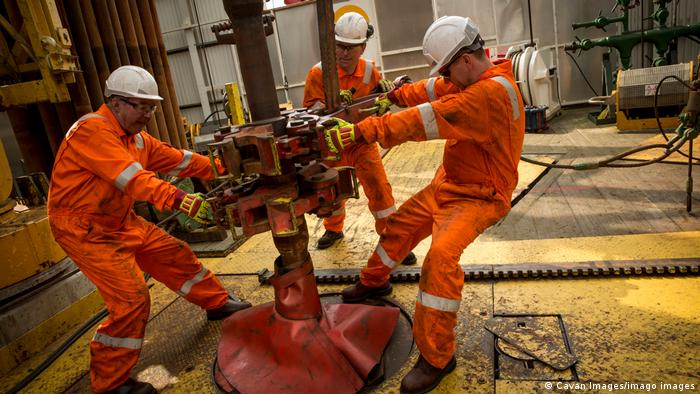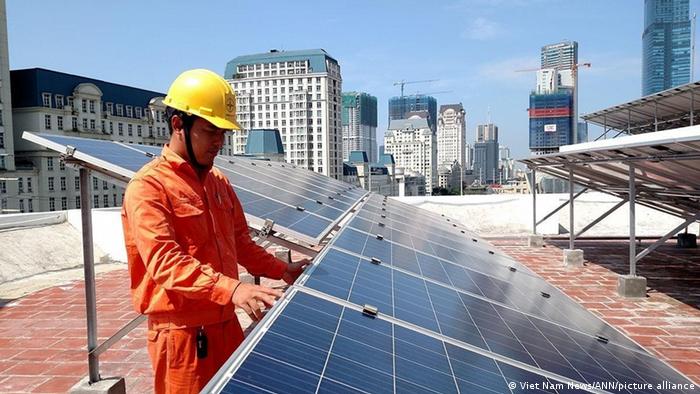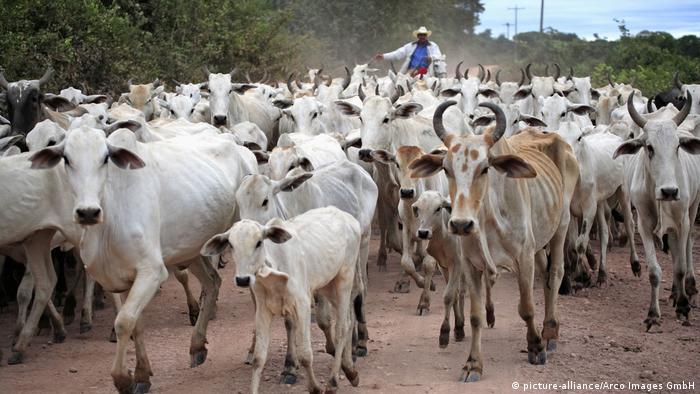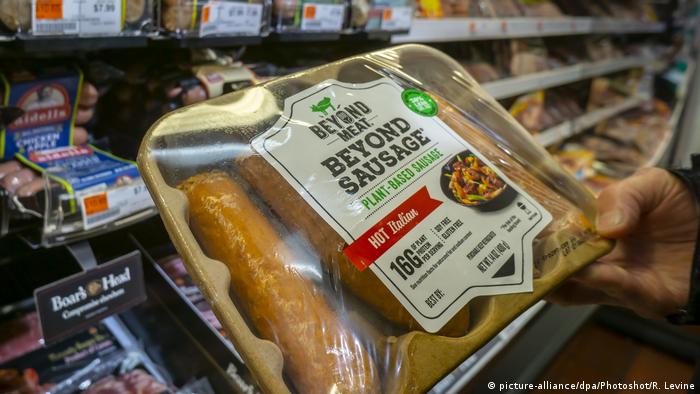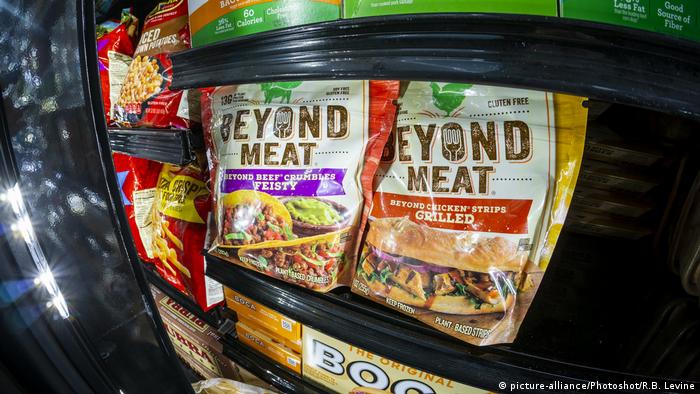Can new year’s resolutions to go vegan and fly less help stop climate change — or are individual lifestyle changes a distraction from real solutions?
Turn off lights. Eat less meat. Walk to work. Fly less. Buy less. Recycle.
These are some of the solutions popularized over the last decade in an effort to cut people’s carbon footprints. If those in rich countries were to change their lifestyles, the thinking goes, they would emit fewer gases that act like a greenhouse around Earth, thereby preventing it from heating to ever more deadly levels.
That might not sound controversial, but climate activists are increasingly dismissing the focus on personal carbon footprints as a distraction. Many scientists, meanwhile, see tweaking individual lifestyles as a vital step to changing systems. At the heart of the debate is a simple question: how much does anything we do for the climate actually matter?
What is a carbon footprint?
A carbon footprint is the amount of carbon dioxide released into the atmosphere through the actions of an individual, organization or country. The idea of a footprint came from two Canadian researchers in the 1990s as a metaphor for humanity’s impact on the planet.
A decade later, oil and gas giant BP took what was still an obscure term to the public. They popularized carbon footprints as part of an estimated $100 million annual marketing campaign. They took out whole-page adverts in newspapers like The New York Times, stuck posters on billboards in airports around the world and ran commercials on TV asking viewers “What size is your carbon footprint?” They created a calculator to let people work it out themselves.
In doing so, they shifted responsibility for the damage caused by their products onto the public. At the same time, they and other fossil fuel companies were extracting millions of barrels of oil a day.
Talking about a company’s footprint in the same way you talk about a person’s “levels the playing field in a way that’s misrepresentative of the true nature of the climate challenge,” said Geoffrey Supran, a researcher at Harvard University who studies how fossil fuel companies have misled the public on climate change. “The footprint literally personifies greenhouse gas emissions. It brings it down to the scale of a human footprint.”
What do cigarettes and plastic have to do with it?
Fossil fuel companies promoted the idea of personal carbon footprints and individual action even while lobbying to weaken regulations to limit their pollution.
But they weren’t the first industry to do so.
As early as the 1970s, the environmental group Keep America Beautiful made adverts that criticized people for littering and encouraged them to recycle. But the organization was funded by corporations churning out plastic bottles who were fighting regulation to address the root of the problem.
The tobacco industry then took these tactics further. It distanced itself from the damage that cigarettes cause by downplaying the science and running adverts centered around the idea of an individual’s “freedom to choose.” When companies got taken to court by doctors, they argued that deaths from heart and lung disease were the smokers’ fault for buying their products.
A study Supran co-authored in the journal,One Earth found that oil giant ExxonMobil targets individuals while downplaying the reality of climate change. “These patterns mimic the tobacco industry’s documented strategy of shifting responsibility away from corporations — which knowingly sold a deadly product while denying its harms — and onto consumers,” the authors wrote.
Is it the fault of big business?
When asked whether the industry is passing blame onto consumers, ExxonMobil told DW it is committed to working to decarbonize high-emitting sectors by investing in technologies that help society achieve a net-zero emissions future.
“Ultimately, changes in society’s energy use, coupled with the development and deployment of affordable lower-emission technologies, will be required,” the company wrote in a statement.
Two other fossil fuel companies, BP and Shell, did not respond to a request to comment.
But along with French oil giant Total, these four privately-owned companies are indirectly responsible for 11% of the CO2 and methane emissions from burning fossil fuels between 1965 and 2018, according to a September study published in the journal Energy Research & Social Science. Together with state-owned companies in Saudi Arabia, Russia and Iran, just seven companies are behind 20% of emissions.
“You and I contribute relatively little to the climate crisis,” said Emily Atkin, a climate journalist who runs a newsletter highlighting hypocrisy in the fossil fuel industry. “Our personal carbon footprints don’t actually matter that much in the grand scheme of climate change.”
That feeling is echoed widely. A statistic that holds 100 companies responsible for 71% of CO2 emissions has become a viral rallying cry for people arguing that personal action is useless. But while these companies extract the oil, gas and coal that is used to generate those emissions, the responsibility for burning it is still shared with people who buy their products.
What can individual action achieve?
The International Energy Agency projects that 40% of emissions cuts needed to decarbonize the global economy by 2050 will come from policies over which the public has little control — like making more electricity from renewable energy or using cleaner technologies in industry — while just 4% are expected to come from purely personal actions like flying less or walking to work.
The remaining 55% comes from changes that need a mix of government action and active consumer choices. That means — with the help of subsidies and advances in technology — buying electric cars, installing a heat pump or better insulating homes.
In rich countries, that would still require enormous changes to lifestyles. A study published in the journal Nature in November found such solutions can cut greenhouse gas emissions in half by 2050 and improve quality of life at the same time.

Plant-based alternatives to meat have become more popular as people try to cut their carbon footprint
What’s more, experts say, every action taken to cut emissions has a bigger impact on society than simply shrinking one person’s carbon footprint. The rise of veganism, for instance, has encouraged companies to invest in tastier meat alternatives that make it easier for meat-eaters to choose a plant burger over a steak. Individual action is also not limited to consumer choices: voting and putting pressure on politicians can also trigger policy changes that shift society.
People say their actions are a “drop in the ocean” and the system needs to change, said Stuart Capstick, deputy director of the Center for Climate Change and Social Transformation at the University of Cardiff in the UK. “Well, my response to that is how is that system going to change? Systems don’t change unless people push for them to change.”
Edited by: Tamsin Walker

